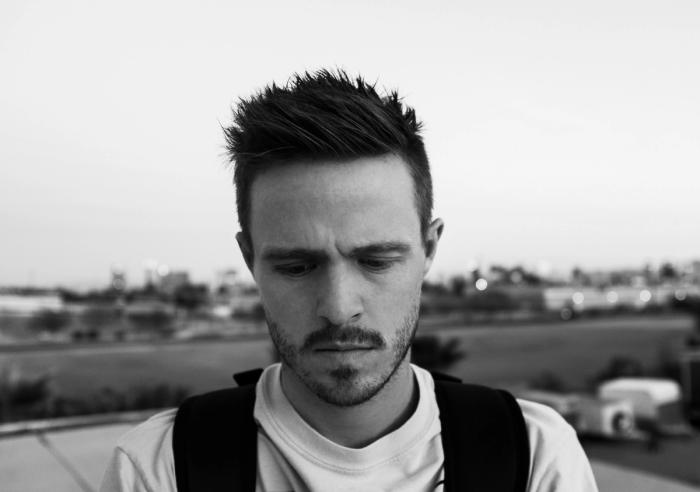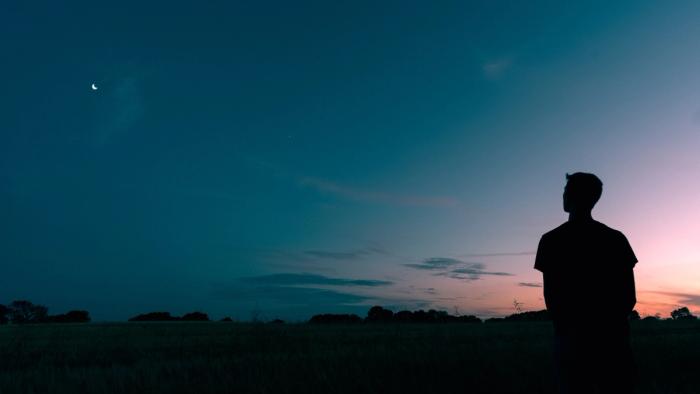I recently had a conversation with an older brother in Christ who was diagnosed two years ago with multiple myeloma, an incurable cancer. He spoke to me about how God has used cancer to chip away at the sin in his life. He wasn’t shy about the pain and the drain associated with cancer, but he also emanated a child-like joy when he described how the Lord was ministering to him in this difficult time. I felt like I was in the presence of an angel with thick lensed glasses. A young believer sitting at the feet of a spiritual giant, I was trying to download all the wisdom I could from him. At one point, he said, “You know, we always talk about how we want to grow in Jesus. I’m finding as I get older that I only get smaller, and God gets bigger.”
This reminded me of two things. First, it reminded me of the words I had read from J. Todd Billings’ book, Rejoicing in Lament. Billings was also diagnosed with multiple myeloma. In the book, he shares a card he received from a young woman in his church. “Get well soon! Jesus loves you! God is bigger than cancer!” He writes,
While I had received many cards in the previous days, this one was different. “God is bigger than cancer!” Yes. She did not say, “God will cure you of this cancer,” or “God will suffer with you.” God is bigger than cancer. The fog is thick, but God is bigger. My cancer story was already developing its own sense of drama. The sky was closing in, enveloping my whole world so that nothing else could creep in. But God’s story, the drama of God’s action in the world, was bigger.[1]
Sometimes we get lost in the fog of life and shrink beneath the pain of a sinful world, but God remains bigger.
The man’s words also reminded me of John the Baptist. John’s disciples were bothered that their Rabbi’s ministry was losing numbers. The crowds were now going to Jesus, and this meant less notoriety for their teacher (Jn. 3:27) John was shrinking, but in the midst of his loss he had a guileless joy. “The friend of the bridegroom, who stands and hears him, rejoices greatly at the bridegroom’s voice. Therefore this joy of mine is now complete. He must increase, but I must decrease.” (Jn. 3:29-30)
I am struck by the fact that growth in grace doesn’t look like us growing greater in Jesus, but Jesus growing greater in and through us. This is precisely the kind of growth many of us don’t want. We’re happy for the growth that places us on a pedestal and displays our gifts. We want to be examples of greatness, even Christian greatness. But true growth (and greatness) in God’s kingdom often looks like our dwindling so that the light of Christ can shine through us. It’s in our smallness — our weaknesses — that God often displays himself most clearly to us and the world. It’s in our need that God becomes biggest.
God is never impressed by human greatness, but he delights to be made great through human weakness. If the gospel teaches us anything, it’s this: that in our deepest need, God was present, revealing himself crucified for us, all-glorious. It’s at the cross where true glory is revealed, and all those who want glory must embrace the cross for themselves. As we grow in grace, we die to ourselves, and the cross becomes more prominent in our lives. We find that we get smaller, but God gets bigger, and a mysterious joy blossoms out of our diminishing. You never grow great in Jesus, but Jesus wants to be great in you.
Notes
- ^ J. Todd Billings, Rejoicing in Lament, 1.






